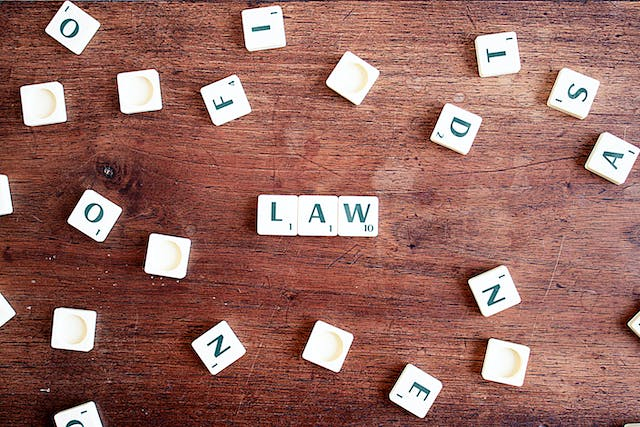Deconstruction Theory: Its Importance in Law
Essay topic: Deconstruction theory: Its importance in law
Answer:
Deconstruction, a theory initiated by Jacques Derrida, sparked a revolution in critical thought. Introduced in his 1967 book "Of Grammatology," deconstruction challenges traditional literary analysis. This essay explores the core ideas of deconstruction, its impact on various disciplines, and its approach to dismantling binary oppositions.
Derrida's deconstruction rejects the conventional goal of unraveling a literary work's meaning and instead focuses on the linguistic and institutional systems shaping text production. Positioned within Postmodernism, deconstruction slices through art history, prompting a reexamination of our relationship to culture and the world.
Deconstruction questions the idea of a single correct interpretation, emphasizing the influence of language and cultural forces over an author's intent. It challenges the privileged status of speech over writing, presenting writing as an active form of representation. The theory dismantles binary oppositions, revealing how the devalued concept resides within the valued one. For instance, the opposition of nature and culture is questioned, highlighting the interconnectedness of the two.
The heart of deconstruction lies in two key ideas: first, that no text conveys a single, reliable message to all readers, and second, that the author is less responsible for the content than the cultural forces at play. Deconstruction resists easy categorization, acting as a constant reminder of the link between "crisis" and "criticism."
Despite criticism, deconstruction's impact on intellectual endeavors is undeniable. It challenges established norms, exposing the contingent nature of conceptual distinctions. While critics argue its lack of transparency, proponents view deconstruction as a tool for intellectual discovery. The theory's ability to reveal contradictions and question societal divisions makes it a powerful force in reshaping perspectives across various fields.












